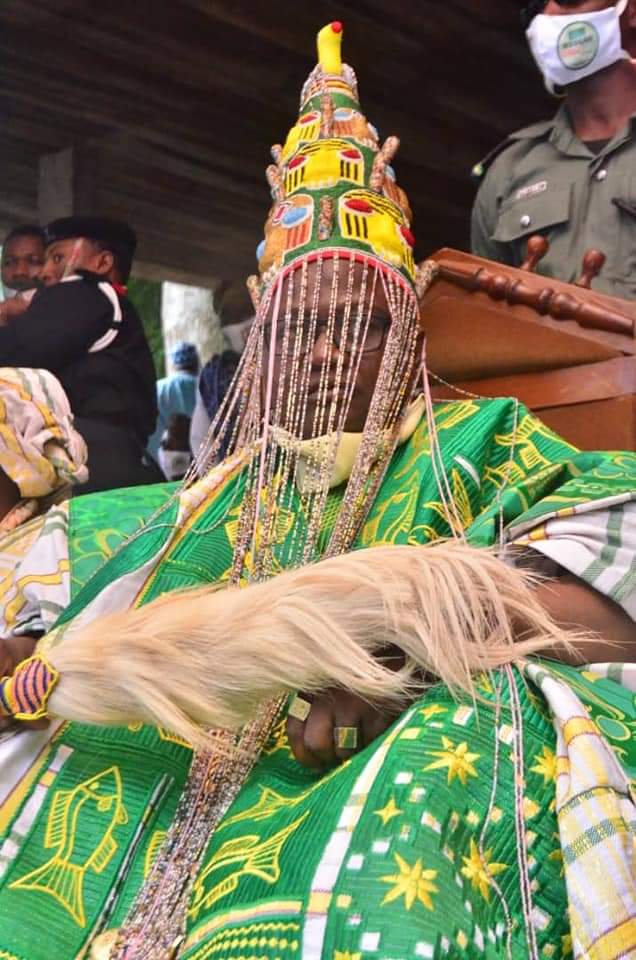The Maize Association of Nigeria (MAAN) has commenced nationwide strategic meeting with maize farmers and stakeholders on the Central Bank of Nigeria’s Anchor Borrowers loan recovery.
The National President Dr. Bello Abubakar who led a team of other officials commenced the meeting with Maize farmers from the South-South and South-East geo-political zones in the country, in Port Harcourt, Rivers State Southern Nigeria.
Addressing the farmers and stakeholders Dr Abubakar said the objective of the meeting was to review the impact of the loan on food security, deliberate on loan repayment strategies and the way forward for maize farmers.
“We have to make sure that we have taken all the necessary actions and measures to make the farmers who took these loans pay up”
“So that is why we decided to go round all the 36 states of the country starting with the South-South and South-East to come together and meet with our stakeholders so that we can discuss, deliberate and come up with a very concrete solution to this problem, what way do we go to ensure this farmers pay up these loans”
“We know there are some challenges but loan is a loan, loan is not a grant, loan is not subsidy, so therefore we must follow this farmers to end make sure they repay back this loan and that is why we are here”
While highlighting some of the achievements of the Anchor Borrowers Loan he said the loan has encouraged farmers to produce more and encouraged more people to go into farming thereby enhancing food production.
“Enhancement of food production under the anchor borrower programme; if you look at maize production before 2015 was 8million metrics tons in this country, but when Anchor Borrowers started from 2015 to 2020 our production has risen to 20million metric tons, the records are there in Ministry of Agriculture, IITA and the IAR”
Dr Abubakar further noted that with the purchase, disbursement of hybrid seeds and all other inputs and extension services made available to Maize farmers’ through the loan has boosted yields per hectare to 5 metric tons.
“The growth is because this programme has helped the farmers to get more inputs, quality inputs; right from seed, fertilizer, herbicides and other needed services this made the farmers increase their production”
“Maize yields before the Anchor Borrowers Programme was 1.8-2.0 metric tons that is 18 -20 bags per hectare, but when Anchor Borrowers came our yields increased to 3-5 metrics tons because of high yielding seeds made available to the farmers”
He further stated that the impact of the loan is also being felt on the different input manufacturing companies as they had to produce to meet up which led to expansion of the companies and job opportunities.
Commenting on the Challenges, Dr Abubakar said the journey with the Anchor Borrowers Programme has not been rosy all through as they have encountered some challenges along the way.
According to him, some farmers across the country have misconceptions about repayment that they mistook the loan for grants noting that some farmers acted surprised when they were asked to repay.
Other challenges according to him includes late disbursement of funds, Natural disasters such as flood, drought etc., Covid-19, Insecurity and Political factor which he described as some politician creating wrong impressions that the loan is from them and that it is free.
On repayments Dr. Abubakar said the Association will work with the Central Bank Nigeria and the Private Financial Initiatives to deploy all legal means possible to get defaulters to repay their loans.
While responding to the submissions by the National President and state Chairmen of the Association, on defaulters, the representative of the Central Bank of Nigeria, Seniour Manager, Development Finance Office, Port-Harcourt, Mr. Celsus Agla said as a last resort the bank may have to deploy the Global Standing Instruction (GSI) to get the farmers to repay.
“List of the defaulters should be sent to Unity, it is very important because if this defaulters prove stubborn, GSI is a system whereby if you have an account with any bank outside Unity Bank and there’s money in that account, because your BVN is attached to this loans, if the GSI is triggered, the monies in those accounts can be collected to repay the loan to Unity Bank, so it is important for Unity Bank to get the list of defaulters”.








